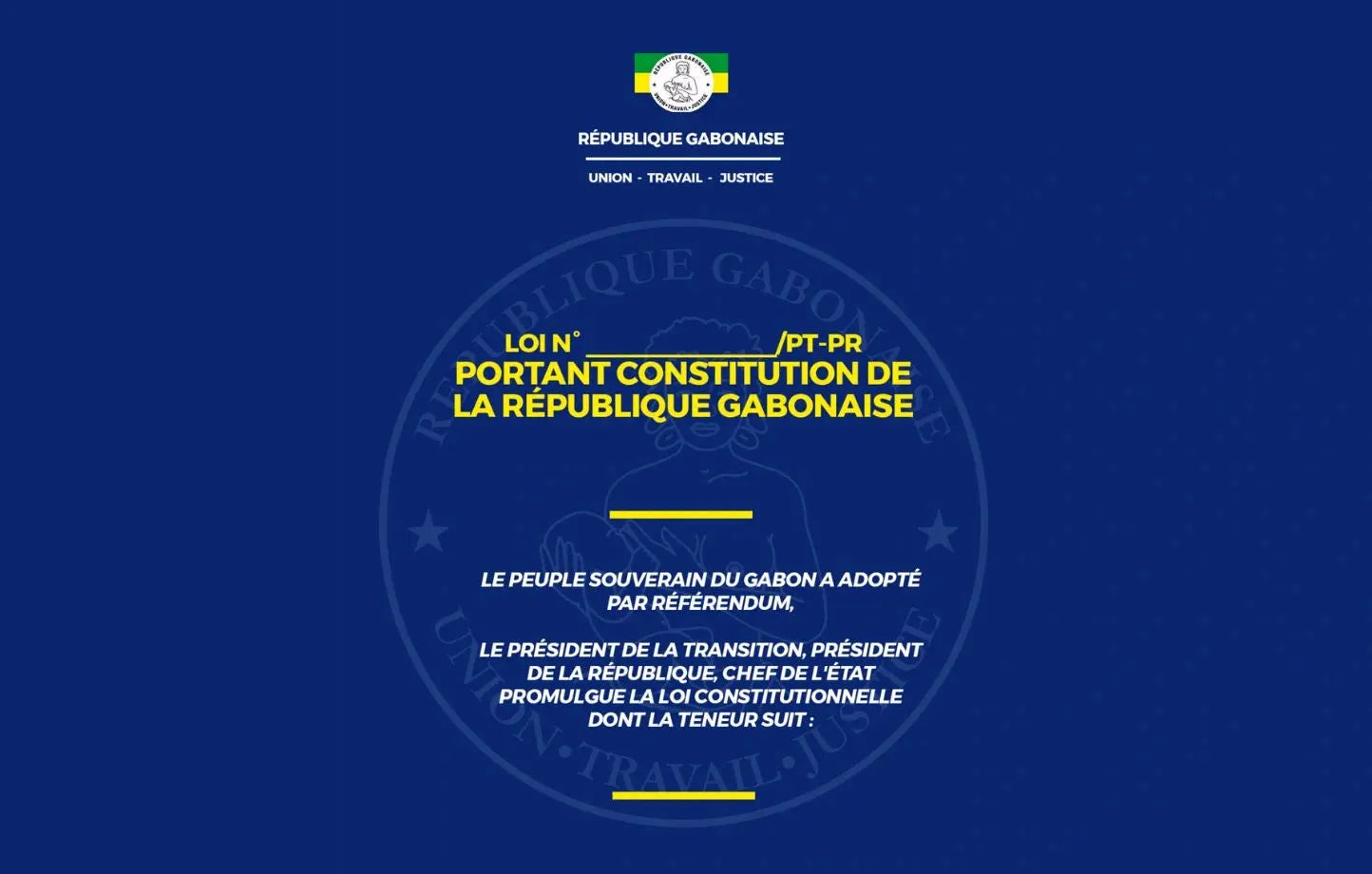
Marie Madeleine Mbourantsuo, the “brain” behind Oligui’s new constitution
The political transition in Gabon, led by the Committee for the Transition and Restoration of Institutions (CTRI), is taking an increasingly strange turn. After the unexpected alliance with the PDG, the recycling of former members of the Bongo regime continues. At the heart of the reactor, we find Marie Madeleine Mbourantsuo, author of the new draft constitution that will be submitted to a popular vote on November 16.
A well-known brain of the system
Marie Madeleine Mbourantsuo, former president of the Constitutional Court and nicknamed "the Iron Lady" of Gabon, is no stranger to the arcana of power. After orchestrating and validating the majority of constitutional decisions under Omar and Ali Bongo , she is now back on the political scene with a decisive role in the drafting of the new constitution.
According to information close to the CTRI, the first version of the constitutional text, which was leaked in September, was drafted without the help of "MMM". However, faced with criticism and popular reluctance, he finally decided to call on his talents to guarantee a text more acceptable to the population and the former allies of the regime .
But the question is: what real change can we hope for when it is one of the main architects of the Bongo years who is writing the country's new political roadmap?
Oligui: something new from something old?
By surrounding himself with personalities like Mbourantsuo, Oligui seems to be playing a risky card. Indeed, if the population was expecting a real renewal after the fall of the Bongo dynasty, the signs of continuity are increasingly evident. After the alliance with the PDG, Ali Bongo's former party, which shocked even the most loyal supporters of the putschist general, taking back the old guard of the system to build a different future now seems to have become the hallmark of this "transition". And Mbourantsouo's direct involvement in the constitution of the new regime only reinforces this impression.
The latter had been heavily criticized for her recent return to the Constitutional Court after Oligui took power. Criticism had then been rife: how can real change emerge if those who oversaw previous political abuses are in charge of reforms? Today, this episode only confirms the fears of the time.
A constitution, but what change?
The major problem remains popular perception. Using such an emblematic figure of the Bongo regime to shape Gabon's future risks undermining any attempt at legitimacy by the new government. Certainly, Mbourantsuo has unparalleled constitutional expertise, but his past choices, his connections, his "pedigree", make him a symbol of oligarchic stability rather than democratic transformation. Can we really hope for change when the same heads hold the pen? Oligui, in hoping to calm tensions, could well be digging his own political grave.
As Gabon prepares to vote on this new constitution , many are wondering whether this text will mark a real break or whether, deep down, it is just a simple makeover of a system that is regenerating itself, once again, once too often. What will be the next step? The appointment of Noureddine Bongo as Oligui's chief of staff? The Gabonese people can now expect anything.


